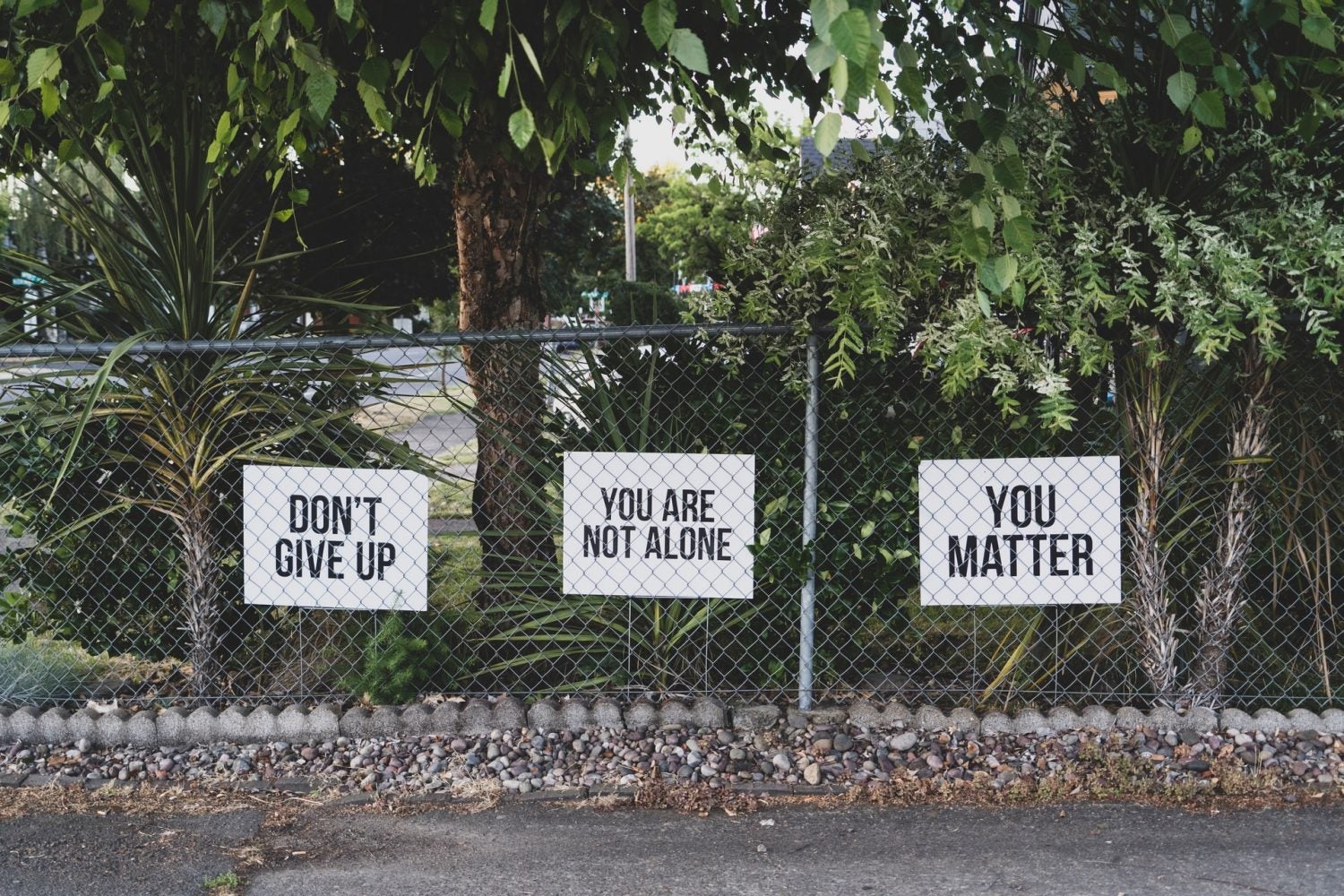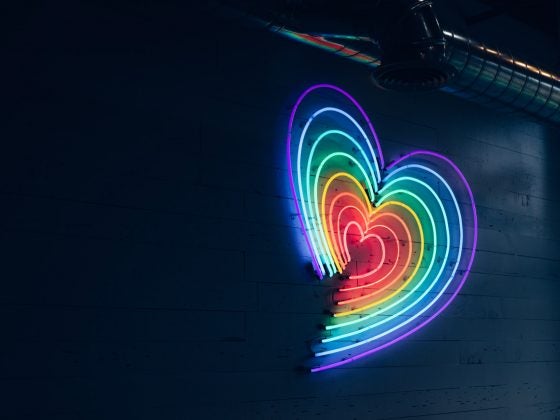Everyone experiences anxiety, stress, and mood swings once and a while. It’s normal to feel sad sometimes. However, if you’re feeling low more often than usual or you have a hard time bouncing back from a bad experience or event, you may need to speak to a professional.
6 Signs You Need to See a Therapist About Your Mental Health
Reaching out isn’t a sign of weakness. You owe it to yourself to focus on yourself for the improvement of your mental health.
Here are a few signs that you need to see a therapist.
1. You’re Having Trouble Regulating Your Emotions (Anger)
It’s essential to pay attention to how often or how intensely we’re experiencing negative emotions. Anger is often a part of a depressive presentation, especially in men and children. However, children will typically become irritable or act out more often when they’re depressed.
It’s normal to explore uncomfortable feelings with anger, but it can cause more issues in your life if you’re directing your anger toward the people you love. If you’re experiencing anger more often, stop and ask yourself if you’ve noticed any other signs of depression, like a lack of joy.
2. You’re Engaging in Highly Risky Behaviors, Like Drink-Driving
People grieve in many ways, and sometimes we pick up bad habits when we’re coping with unnaturally high-stress levels. Unfortunately, some of these bad habits are very risky and could affect our health or wellbeing, such as unprotected sex, gambling, drinking, and drug use.
You should never feel ashamed for adopting these habits, especially if you don’t have access to support. However, if you live in Arizona and require an inexpensive alcohol education program, you can go to Cornerstone DUI Classes at Cornerstone DUI services as soon as you’re ready.
3. You No Longer Enjoy Activities and Hobbies Like you Used to
Our hobbies are meant to help us relax and enjoy our time with friends and family. Sometimes you won’t want to do something you love, even when you aren’t depressed. It’s only when you feel disconnected or alienated from these hobbies that you should be concerned for your health.
Increased isolation and apathy about the future may also be signs of depression, as these give you a “why should I bother” mentally. It’s likely you’re suffering from emotional dysregulation, but therapy can help you get to the bottom of what’s holding you back and why you’re feeling sad.
4. You Aren’t as Productive in Work, School, or Other Activities
Depression often shows itself as a lack of motivation, but it may not appear in your personal life. If you feel fine when you get home or you relax more on the weekends, work or school could be a source of your depression. Or, maybe your depression is affecting these parts of your life.
Work and school stress is normal, and you may only require a few self-help techniques to relax. On the other hand, if you’re having issues with your memory, energy, and concentration and you’re underperforming at work or school, you should talk to a psychiatrist if possible.
5. You’re Eating, Sleeping, or Exercising too Much or too Little
Mental health issues can cause us to reduce or increase the time we spend eating, sleeping, or exercising. It’s dependent on the individual, as some people will overeat or undereat to cope. Either way, disordered eating, sleeping, or exercising is a sign to pay attention to your health.
People in a manic state may feel too anxious to sleep, while someone who is severely depressed may sleep all the time. It can be hard to realize we’re overdoing it because we’re doing something we’ve always done, so it’s important to pay close attention to your habits.
6. You Can’t Seem to Build New Relationships or Maintain Them
Our mental states can cause us to pull back from our relationships or become more aggressive than usual. While your friends and family want what’s best for you, they may start to pull away, too, if you’re canceling plans, ignoring their calls, or missing important dates, like birthdays.
It isn’t your fault that you feel this way, but you can’t predict how your actions will be interpreted by other people. More often than not, people take unpredictability or negativity as a sign that you don’t want to be friends anymore. A therapist can help you improve these relationships.


















